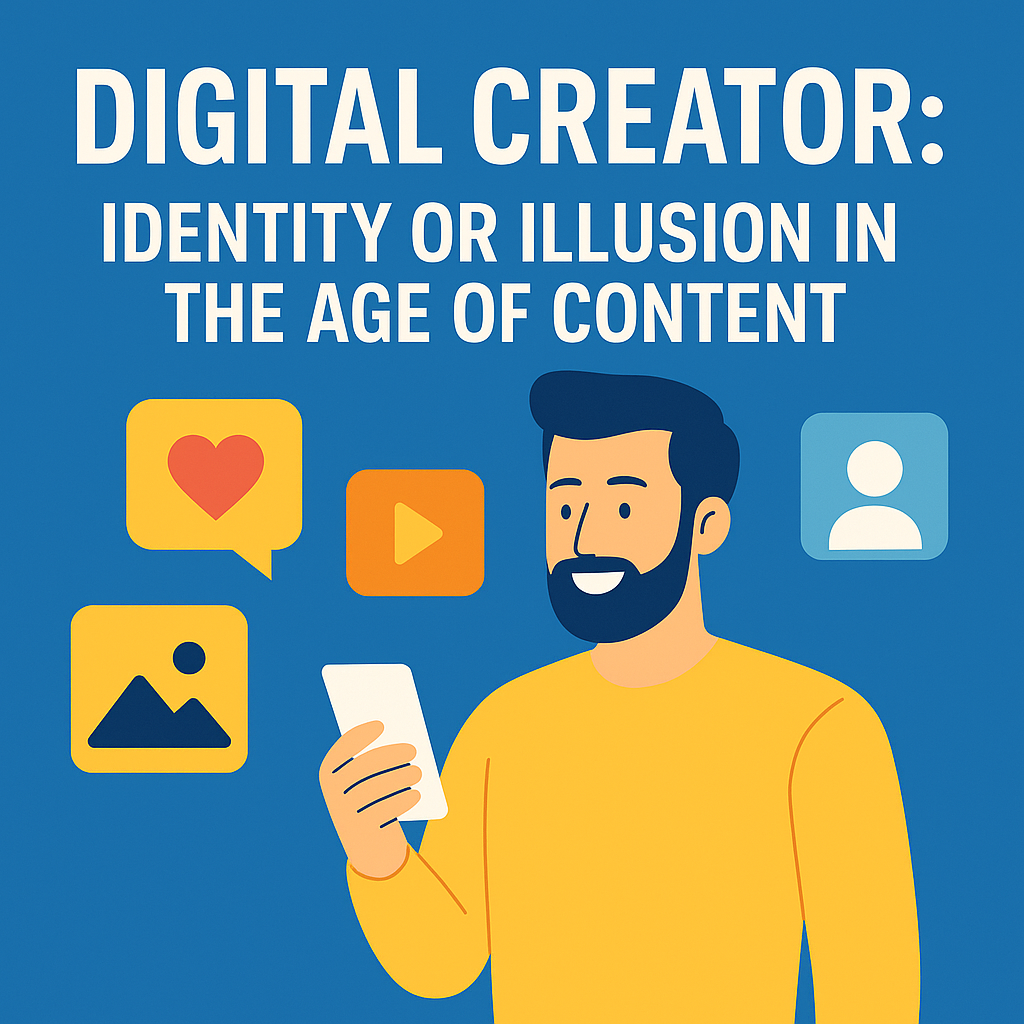In an age where digital presence defines reputation, the term “Digital Creator” has become both a badge of honor and a source of confusion. Once a label reserved for those building meaningful content with purpose and skill, today it often gets diluted into a self-declared status, disconnected from substance.
Where Did the Term “Digital Creator” Come From?
The term “Digital Creator” began to gain traction in the early 2010s as platforms like YouTube, Instagram, and later TikTok enabled everyday users to create and share digital content on a massive scale. It was initially used to distinguish creators who produced original digital-first content—videos, photos, blogs, animations—from traditional media figures like TV hosts or journalists. Platforms like Facebook and Instagram began using the term officially to categorize accounts producing professional-level content without being traditional influencers.
But over time, as the barrier to entry decreased, and monetization increased, the term evolved (or devolved) into something broader and more self-assigned. From content producers with skills in editing, narrative, branding, or education—we now often see anyone with a smartphone, Canva access, and a social account self-proclaiming as a “creator.”
Everyone’s a Creator… Or Are They?
A teenager posting selfies becomes a “visual storyteller.” A 22-year-old giving motivational quotes becomes a “life coach.” An unboxing video of instant noodles qualifies someone as a “video producer.”
In some platforms, especially Instagram and TikTok, the line between digital expression and digital performance is increasingly blurred. Everyone becomes a brand—even if the product is unclear.
LinkedIn: The Last Fortress?
Interestingly, LinkedIn still maintains some level of professional self-regulation. A profile filled with buzzwords rarely gets far unless it is backed by verifiable skills, recommendations, or track record. That said, the wave of vague titles like “Innovation Evangelist,” “Creative Strategist,” or yes, “Digital Creator,” is knocking at the door here too.
Yet the platform’s inherent structure—based on credentials, collaboration, and industry validation—helps preserve a higher level of clarity. For now.
The Real Question: Expression or Exploitation?
We should celebrate creativity and self-expression. But we should also be cautious of the commodification of identity. When everyone is a creator, who is left to create value?
Being a digital creator is not just about using tools—it’s about creating impact, building trust, and offering value.
Final Thoughts
In a world full of noise, the real creators are those who build meaning.
So next time you see “Digital Creator” in a bio, ask yourself:
- What do they create?
- For whom?
- And why?
Because in the end, it’s not the title that matters—but the substance behind it.


